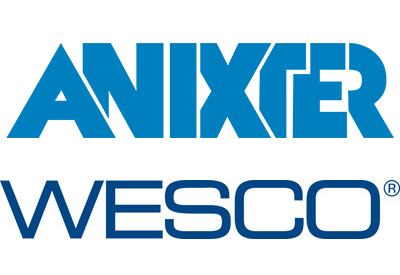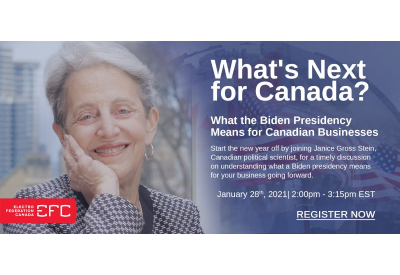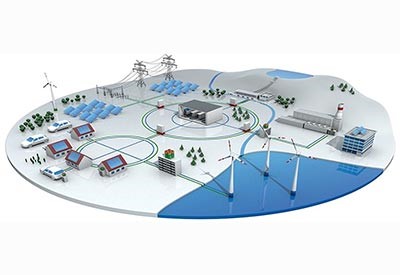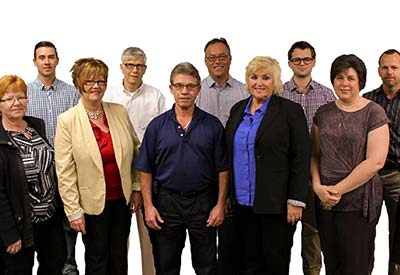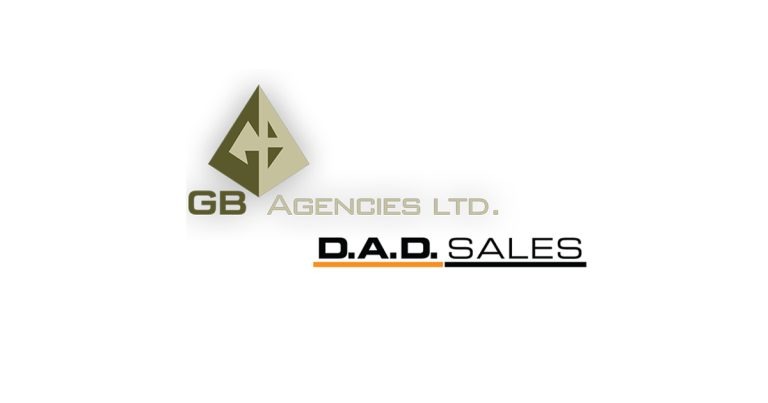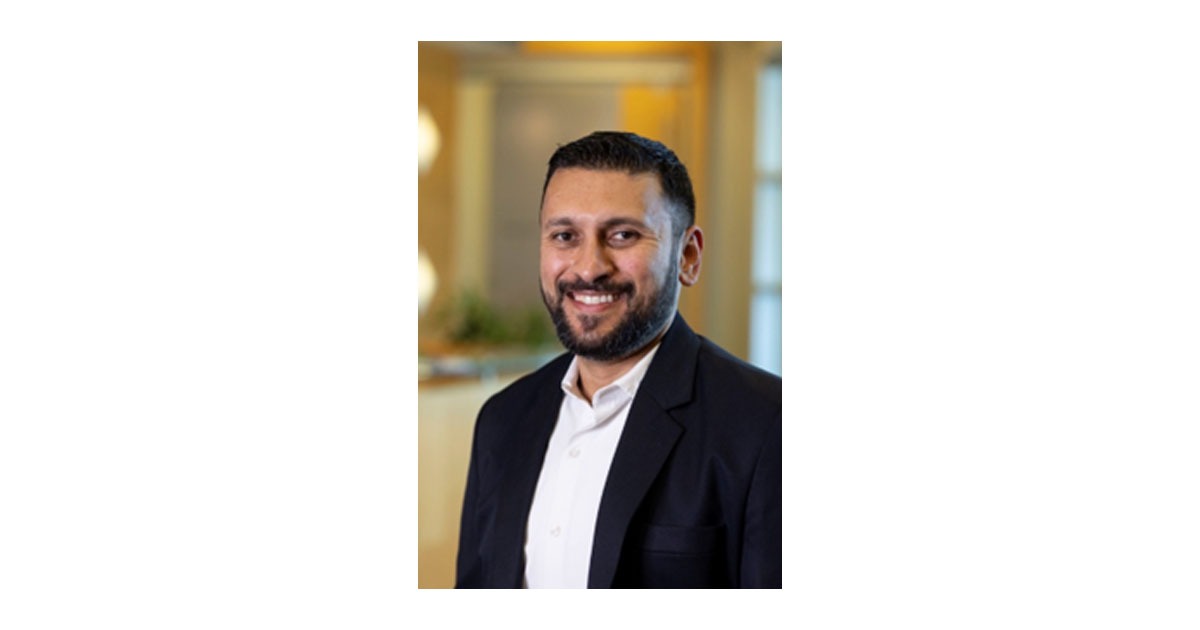ABB and the University of British Columbia Extend Research Collaboration
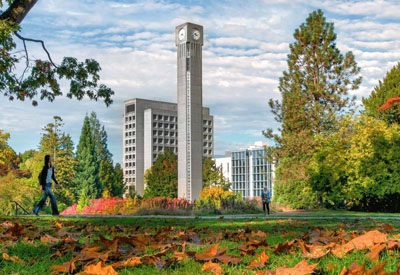
Sept 30, 2018
ABB and the University of British Columbia (UBC) have signed a three-year partnership agreement, focused on the research of computer science professor Thomas Fritz, an expert in the practical applications of biometric sensing. ABB will provide $300,000 in funding ($100,000 per year), which will be matched by the federal government.
The three-year partnership with UBC will enable several doctoral and post-doctoral students to work on projects under Professor Fritz’s guidance, in concert with ABB researchers.
“By pairing the deep expertise of academic researchers with the industry focused expertise of our researchers we accelerate ABB’s integration of new technology,” says ABB Chief Technology Officer Bazmi Husain.
Professor Fritz has a track record of successful partnerships with ABB. In previous collaborations he co-developed the FlowLight, a personal stoplight that reduces interruptions for knowledge workers in an office environment. In addition to providing a productivity boost for ABB office workers, this technology has been licensed to Embrava Pty Ltd., providing continued capitalization of this innovation.
Innovating through research and development (R&D), through collaborations like the partnership with UBC, has a long history within ABB. A small sampling of the many universities ABB collaborates with worldwide includes the Massachusetts Institute of Technology (MIT), Carnegie Mellon and Stanford Universities in the United States, Cambridge University in the UK, the Indian Institute of Technology, China’s Tsing Hua University, and Sweden’s Royal Institute of Technology.
Last year alone, ABB invested US$1.5 billion in R&D, operating corporate research centres in seven countries: China, India, Germany, Poland, Sweden, Switzerland and the United States. ABB’s international team of engineers and scientists are focused on areas that align with ABB’s core technologies: communications, control, electromagnetics, materials, mechanics, power electronics, sensors, software and switching.


